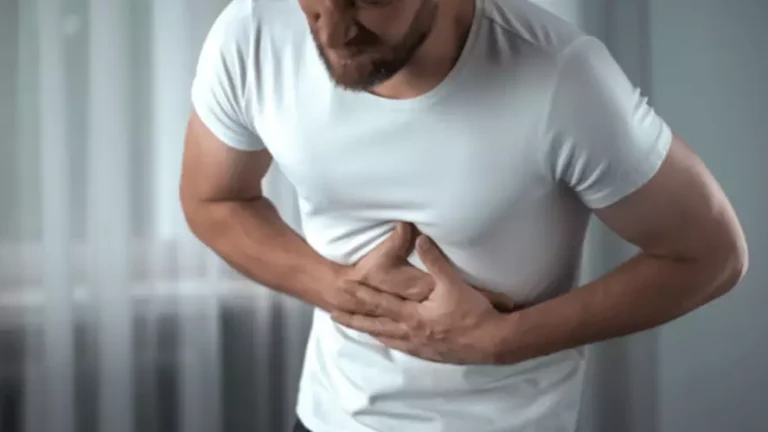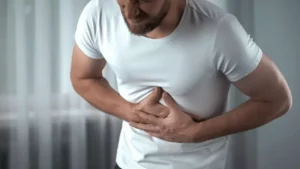Co-Occurring Post-Traumatic Stress Disorder and Alcohol Use Disorder in U S. Military and Veteran Populations

People with anxiety disorders may have both psychological symptoms, such as apprehensiveness and irritability, and somatic symptoms, such as fatigue and muscular tension. However, it is important to note that for the 24 trials, treatment retention measures varied widely.9 For example, one trial measured treatment retention as attendance at 12 out of 12 sessions, but another trial calculated the average number of sessions attended and determined that treatment was completed if participants finished at least 6 out of 25 sessions. Another trial evaluated retention based on participant provision of a urine sample at the end of 12 weeks.
- Critically, TBI, PTSD, and AUD are commonly comorbid, which is unsurprising given that intoxication elevates risk of TBI, and that generally high rates of alcohol misuse occur among patients who have TBI.21 The relationships among these conditions are an area of active investigation.
- Men are 2.0 times more likely to have alcohol problems if they have PTSD than men who never do not have PTSD.
- However, this relationship was not demonstrated with significance among veterans who had more severe PTSD symptoms.
Treating Co-Occurring PTSD and AUD
Vogt’s research fits into a broader trend within the VA “to treat veterans as whole people,” she says, rather than simply treating the conditions they come in with. They found strong evidence, Vogt says, that people ptsd and alcohol abuse who had robust social and vocational satisfaction were more resilient to trauma. That vocational piece—people who were happy and fulfilled in their jobs—was a particularly exciting finding, she says.

Selective prevention strategies
- Post-traumatic stress disorder (PTSD) and alcohol use too often go hand-in-hand.
- Taft describes the program he founded, Strength at Home, as a trauma-informed and evidence-based group program for veterans who struggle with conflict in their relationships.
- Because it is difficult to manage life with a drinking problem, it is harder to be a good parent.
- However, the hospital-based patients were likely to have different physical health profiles than patients recruited from the rehabilitation centers.
Each VA medical center has an SUD-PTSD Specialist who is trained to treat both conditions. Evidence shows that treating PTSD and substance use at the same time works to treat both conditions. Some people choose to do different therapies for PTSD and SUD at the same time. Many people with PTSD self-medicate with alcohol because it temporarily makes them feel better. Drinking alcohol causes the brain to release neurotransmitters that give you a sense of pleasure and euphoria, including dopamine, serotonin, and endorphins.
- A positive history of traumatic events was reported by 139 participants (74%).
- An important recent study found that male and female lab animals with both conditions exhibit different symptoms and brain changes.
- The conversion table available in the Nepali version of the CIDI questionnaire was used to calculate standard units of drinks in units of ethanol.
- Complex trauma and AUD are often intertwined, as childhood trauma increases the risk of developing AUD.
- She says the work she was doing in graduate school was “scientifically interesting, but not that meaningful.” But then she had an opportunity, after graduation, to work with veterans at the VA who were struggling with trauma-related issues.
Symptoms of PTSD and Alcohol Use Disorder Differ by Gender.
It should be noted, however, that to exclude patients with comorbid PTSD and AD who are taking psychotropic medications would not only make recruitment more challenging, it would also decrease the generalizability of the findings. Other issues that may have extra-medication bearing on findings include the different treatment settings noted across studies. As mentioned above, studies have been conducted at VA settings with male patients who have experienced combat, while others are in predominately female civilian populations, limiting the ability to compare findings across studies.
People Diagnosed With PTSD Have Higher Rates of Alcohol Abuse.

Treatment of alcohol use disorder (AUD) is complicated by the presence of psychiatric comorbidity including posttraumatic stress disorder (PTSD). This is a critical review of the literature to date on pharmacotherapy treatments of AUD and PTSD. Brief tools are available to help non-specialists assess for AUD https://ecosoberhouse.com/article/blood-thinners-and-alcohol-risks-and-side-effects/ and screen for common co-occurring mental health conditions. You can determine whether your patient has AUD and its level of severity using a quick alcohol symptom checklist as described in the Core article on screening and assessment.


